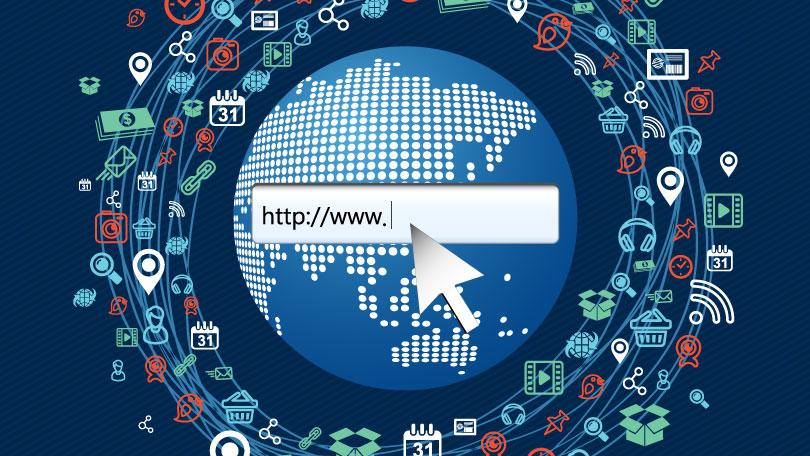While the Internet is currently within our reach with just one push of a button, this accessibility could be taken away from us in a matter of years.
Net neutrality is the idea that Internet service providers (ISPs) must provide access to all websites and cannot control the type of content that their customers wish to view. Because of net neutrality, all Internet users have open access to websites such as YouTube, Facebook, Gmail, and more. Without net neutrality, many assets of the Internet would no longer be provided equally to the people.
Ajit Pai, the chief of the Federal Communications Commission (FCC) appointed by President Donald Drumpf, has worked to repeal net neutrality regulations that were implemented in 2015 during Barack Obama’s presidency. If Pai’s efforts are successful, the ISPs will no longer be under the Title II of the Communications Act of 1934, which enforces strict net neutrality. In his defense, Pai declares that by reclassifying the ISPs out of Title II, “the federal government will stop micromanaging the Internet.” He also states that with his plans, the FCC can make the ISPs “voluntarily agree to not obstruct consumer access to web content.” But how can he be so sure?
Prior to the 2015 Title II classification, there have been a number of cases in which companies such as Verizon and AT&T have blocked certain applications from consumer use (i.e. Google Wallet). So if ISPs are to be reclassified and possible manipulation of Internet use comes back, there will be many universal consequences, such as exploiting free speech and small businesses.
In this day and age, people are not only able to easily connect with other people around the globe through the Internet, but they are also able to create their own businesses. Without net neutrality, burgeoning businesses will consequently suffer because of their inability to control favoritism within the ISP companies. ISPs will be able to bundle certain websites for premium use as well as block certain websites that are provided by rival companies. The federal government will also have the ability to easily manipulate the content that is being released, ultimately enacting censorship and leaving the control of free speech to the federal government, which can lead to a myriad of issues regarding the speed of the internet to access certain websites or the access to them altogether.
As it is a right that citizens of first world countries have been entitled to for many years, people will not be compliant to give up net neutrality easily. It has been shown that more than 80 percent of Americans are not in support of re-categorizing ISPs out of Title II. With large corporations having the ability to bundle websites and content to make “premium” access to websites that are of everyday use, it is clear that this action has more motives to bolster corporate companies rather than preventing future issues.
“It is disappointing that the FCC is putting systems in place to allow major corporations to control our access to media and essentially allowing monopolies,” said James Fischer, English teacher. “Understandably, the government is trying to ‘free the internet from federal restrictions,’ but there are only so many companies that would be in control of regulating that granted freedom.”
Though all of this may seem bizarre to many, the nightmare of restricted Internet may not be too far from reality. In Dec. 2017, the FCC voted to repeal the net neutrality guidelines. Now, the decision is up to Congress as to whether or not the ruling will be overturned—determining whether the freedom to traverse the interweb will be taken away from the people.

